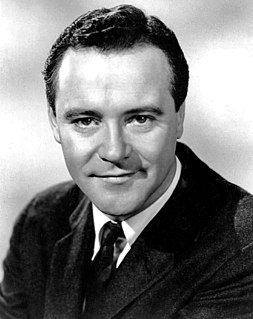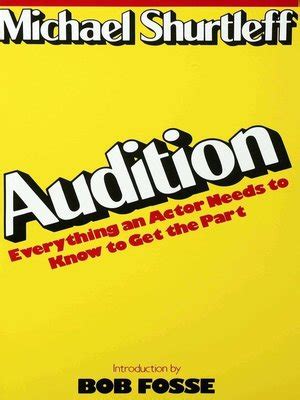A Quote by Jack Lemmon
In very simple language, Morrie always seems to be able to explain something that other people would take a chapter for, you know.
Related Quotes
If I as a geologist were called upon to explain briefly our modern ideas of the origin of the earth and the development of life on it to a simple, pas- toral people, such as the tribes to whom the Book of Genesis was addressed, I could hardly do better than follow rather closely much of the language of the first chapter of Genesis.
I've always gotten good grades, you know, with my teachers and my English teachers, 'cause I was able to - they'd say, "What did you do for the summer?" I'm able to explain it to them in a written form. And my teachers always patted me on the back for that, being able to take what's in my mind and put it on paper.
Now to sum it up,' said Bernard. 'Now to explain to you the meaning of my life. Since we do not know each other (though I met you once I think, on board a ship going to Africa), we can talk freely. The illusion is upon me that something adheres for a moment, has roundness, weight, depth, is completed. This, for the moment, seems to be my life. If it were possible, I would hand it you entire. I would break it off as one breaks off a bunch of grapes. I would say, "Take it. This is my life.
No matter how much we know about the other person, there is always something going on in that other heart and that other head that we don't know but can only ponder. And no matter how we explain ourselves to someone else, no matter how open we are, there is always still something inexplicable, something hidden and unknown in us, too.
If Mother Culture were to give an account of human history using these terms, it would go something like this: ' The Leavers were chapter one of human history -- a long and uneventful chapter. Their chapter of human history ended about ten thousand years ago with the birth of agriculture in the Near East. This event marked the beginning of chapter two, the chapter of the Takers. It's true there are still Leavers living in the world, but these are anachronisms, fossils -- people living in the past, people who just don't realize that their chapter of human history is over. '
In company with people of your own trade you ordinarily speak of other writers' books. The better the writers the less they will speak about what they have written themselves. Joyce was a very great writer and he would only explain what he was doing to jerks. Other writers that he respected were supposed to be able to know what he was doing by reading it.
Something seems wrong to most people engaged in struggle when they see more people hurt on their own side than on the other side. They are used to reading this as an indication of defeat, and a complete mental readjustment is required of them. Within the new terms of struggle, victory has nothing to do with their being able to give more punishment than they take (quite the reverse); victory has nothing to do with their being able to punish the other at all; it has to do simply with being able, finally, to make the other move... Vengeance is not the point; change is.
People in Israel would write in a high register, they wouldn't write colloquial speech. I do a special take on colloquial speech. When I started writing, I thought [the language] was telling the story of this country: old people in a young nation, very religious, very conservative, very tight-assed, but also very anarchistic, very open-minded. It's all in the language, and that's one thing that doesn't translate.




































